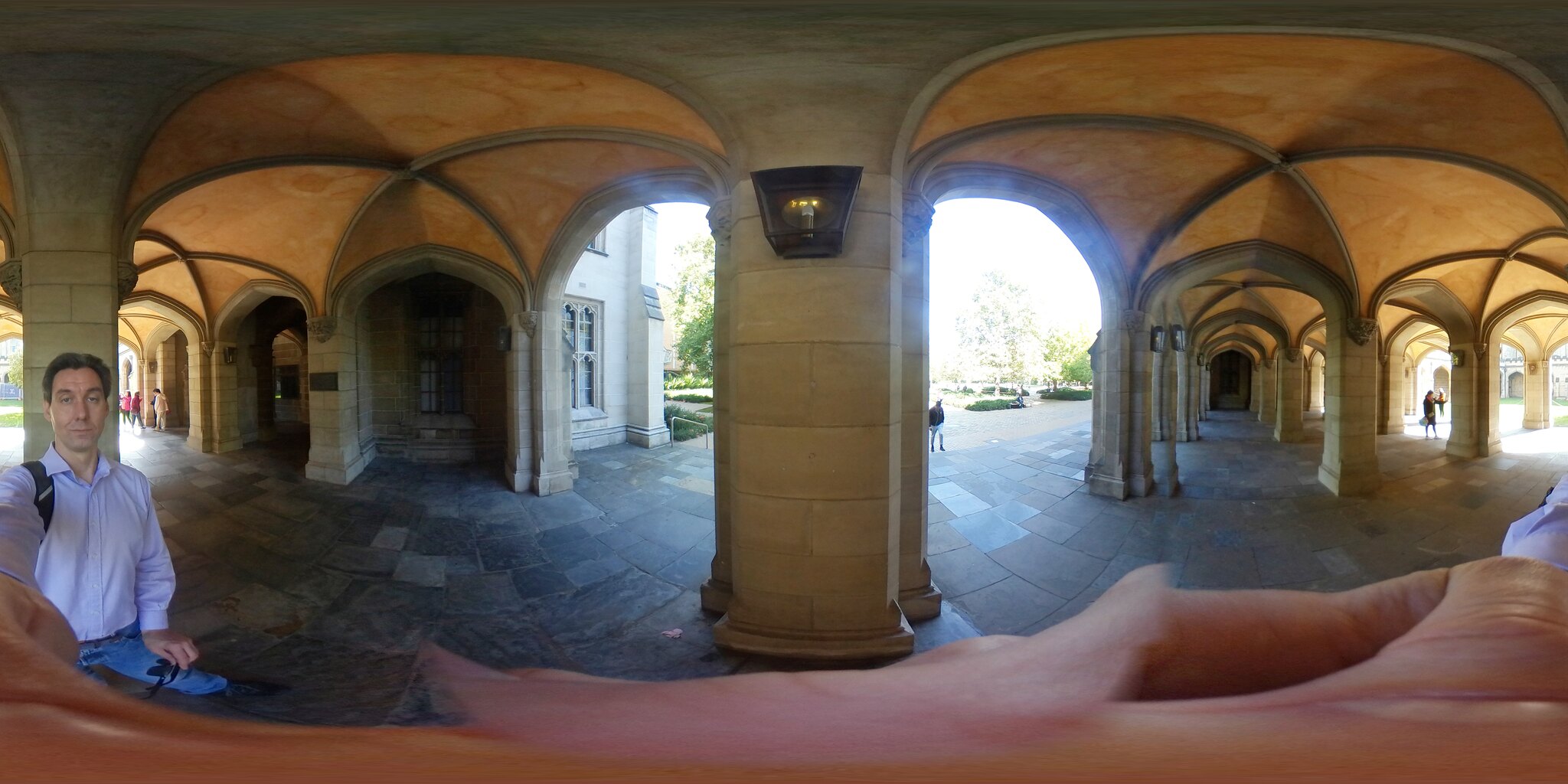|
A few years ago when I was running the Human Geography Research Theme at Birmingham with my colleague Julian Clark, we sat down to try and cook up a way of reintroducing study leave. Although the University’s procedures for this were still in place, as a School it had largely stopped except where people had secured a fellowship to buy out their teaching.
Julian and I introduced a system whereby colleagues could coordinate with us and with the programme leads to make space for taking a semester out to have study leave; other research themes in the School subsequently copied our system. Obviously, because I’d helped re-introduce study leave I thought it would look far too self-interested if I tried to go on leave myself right away. But fast forward a few years and having secured a Universitas 21 travel grant, I found myself in a position to have my first period of study leave in the 15 years that I’ve worked at Birmingham. The time I’ve spent in Melbourne has been tremendously productive. The School of Geography at the University of Melbourne is an excellent department, with some really top-class scholars. Melbourne as a city has a number of other really good universities, so there’s a fantastic intellectual climate here. I am immensely grateful to all the people who’ve taken the time to meet with me and particularly to Birmingham’s International Office for making the U21 funding available to come here.
For the U21 Fellowship I worked on projects around map collections, the management of interdisciplinary urban studies and the potential for running an undergraduate fieldcourse to Melbourne. But I’ve also had targets to achieve for my Head of School and College. I had forgotten the simple joy of simply sitting down, undisturbed, writing without email pinging, without admin tasks to do and without people knocking on your door. I’ve not had that experience since I finished my PhD in 2003. Things that might otherwise have taken me months to finish off have been turned around in matter of days.
Obviously, there’s a lot to be reflected on here in terms of decluttering academic life and trying to resist the fragmentation of time that has become a major part of the job these days. As a colleague here put it “slow down to speed up”. Indeed, since my study leave started in January, I’ve written two grant applications, the case for support for a third, I’ve been assembling the manuscript for an edited book, done the corrections on a paper that has since been accepted and even, in the last few days, drafted a book proposal. On one level, then, I’m nervous about returning to the normal academic fray once I get back to the office in Birmingham in a week or so. But on other levels, I have missed my colleagues and my students. There’s a lot of fun and satisfaction to be had in those other parts of the job away from the secluded cloisters of study leave. Nonetheless, it’s been a hugely productive couple of months for me that will doubtless show up as a purple patch in my CV. The challenge facing many departments in the UK is in making sure everyone is able to maximise their opportunities for developing ideas, researching and writing alongside their other responsiblities. Defragmentation of time and protection from mundane and routine tasks is the only way to make this a part of the everyday academic experience.
1 Comment
|
AuthorPhil Jones is a cultural geographer based at the University of Birmingham. Archives
September 2023
Categories |
Phil Jones, Geographer
The INTERMITTENTLY updated blog
Proudly powered by Weebly

 RSS Feed
RSS Feed